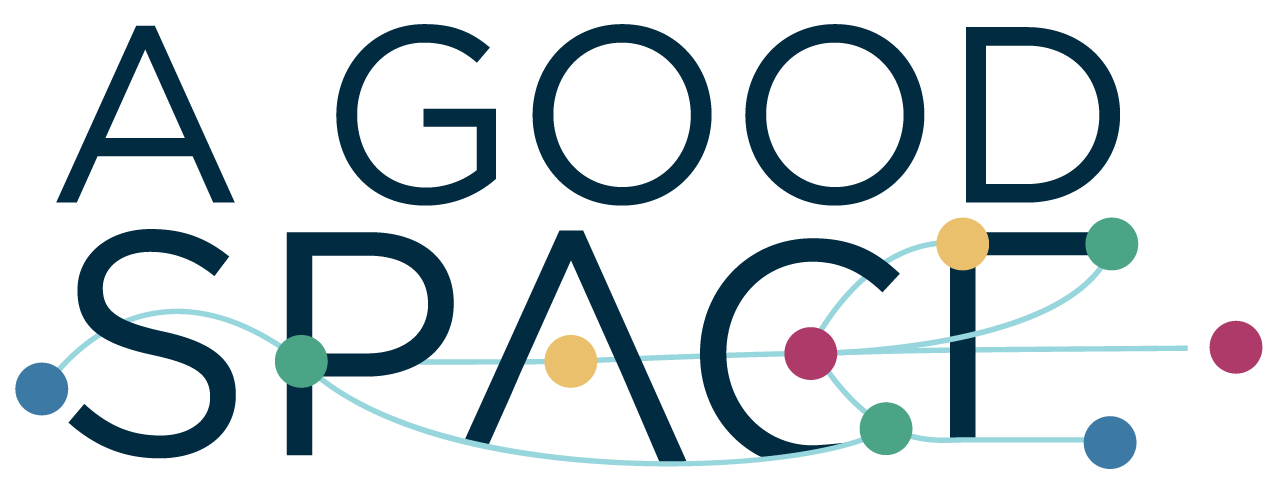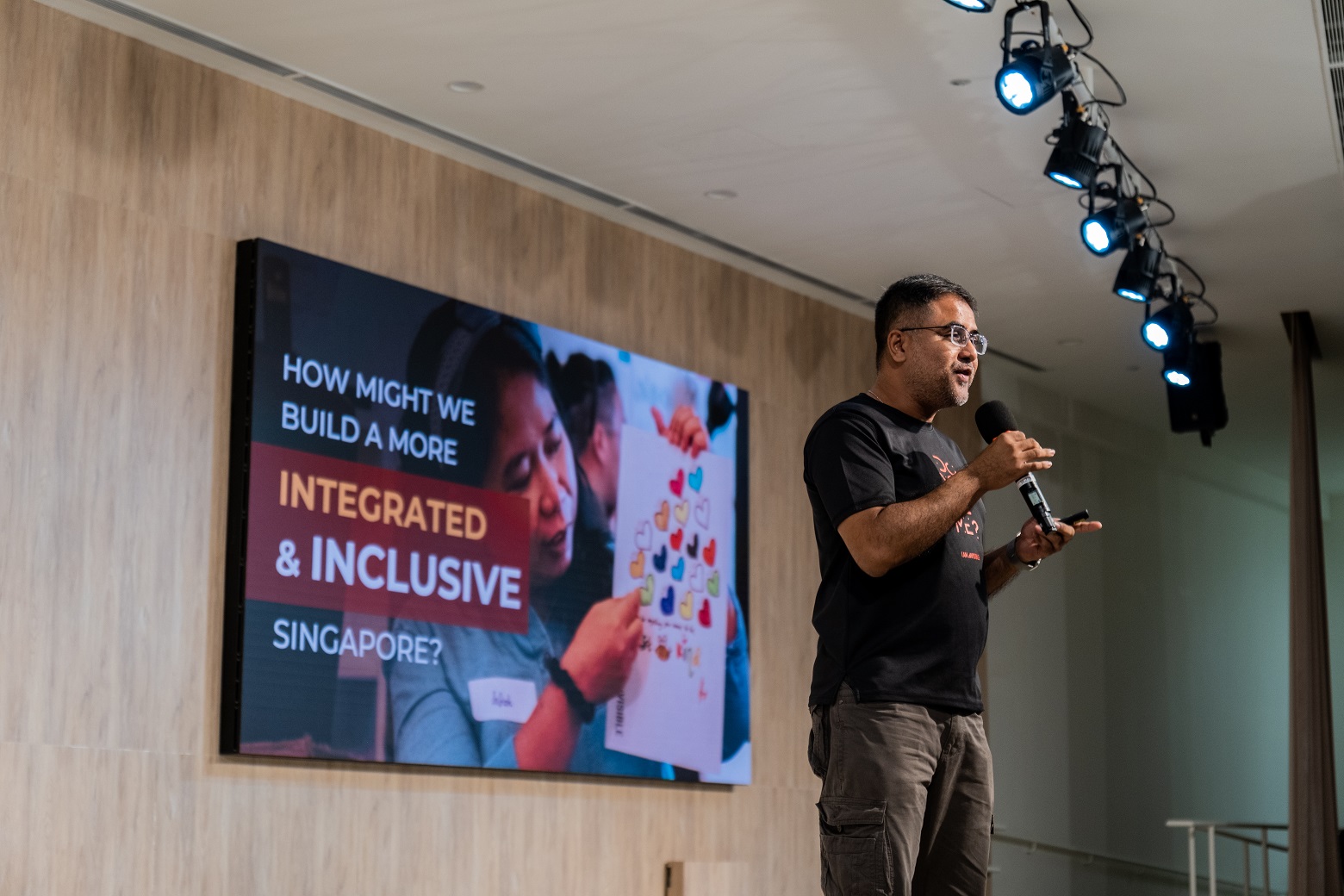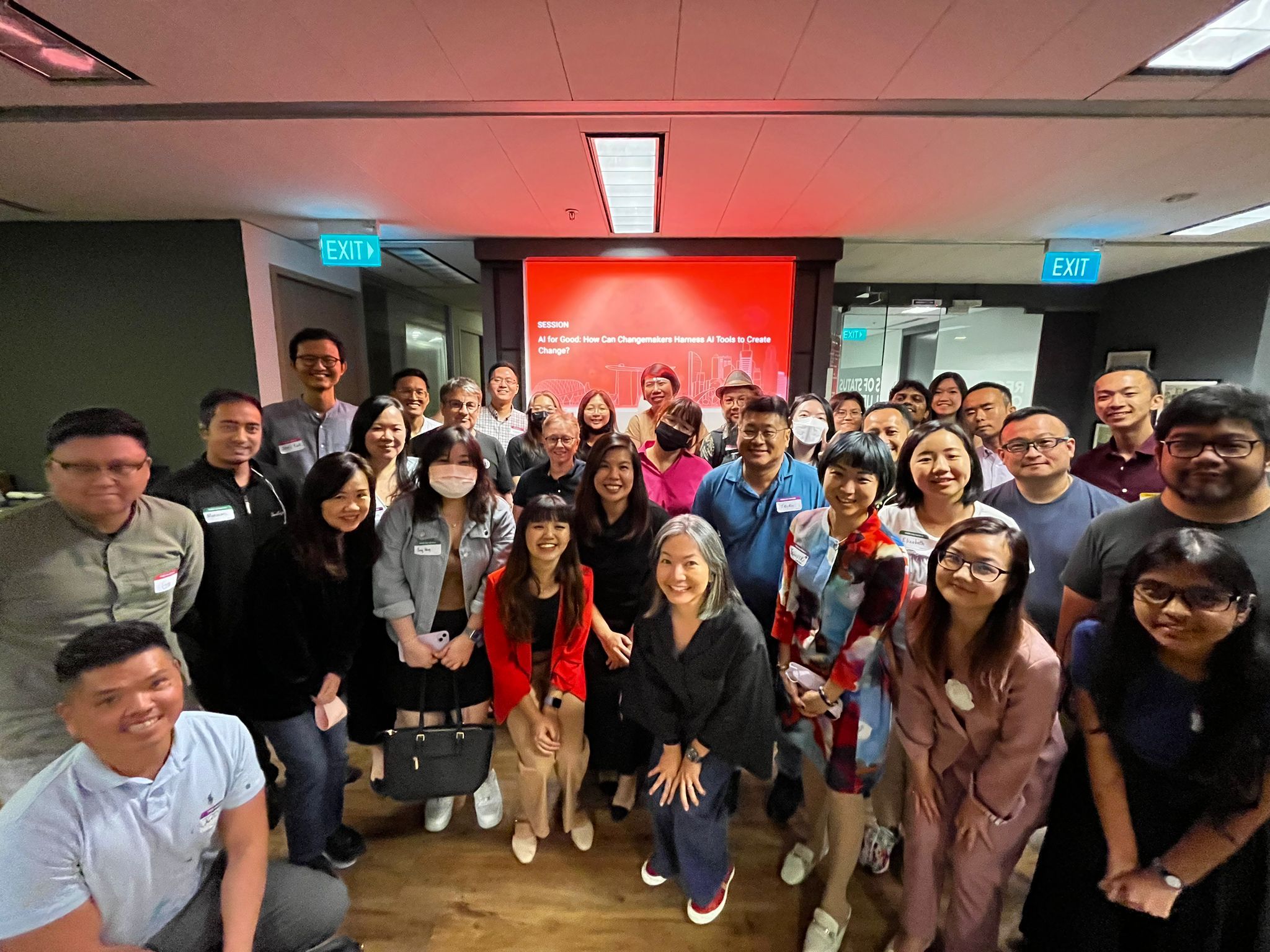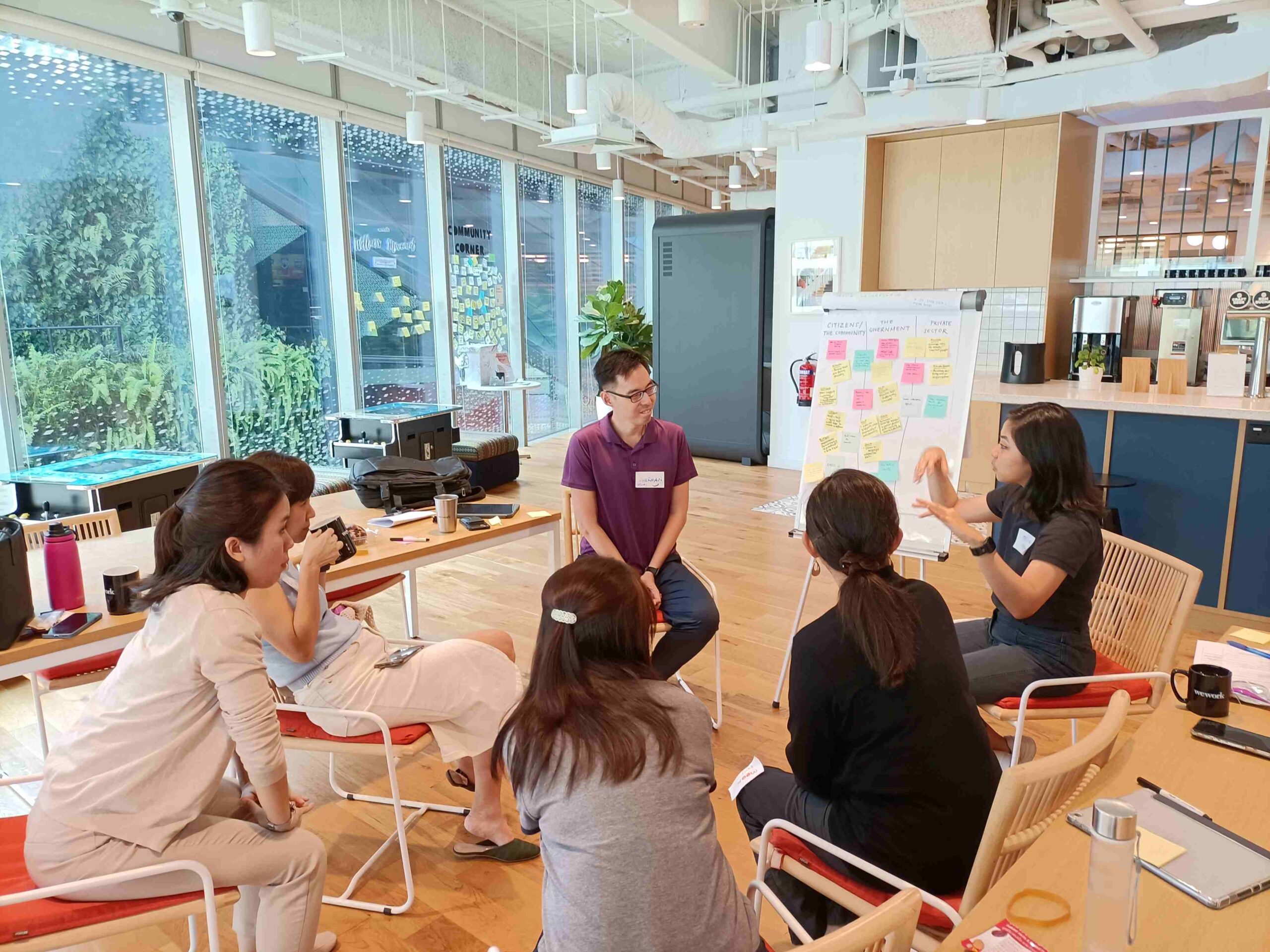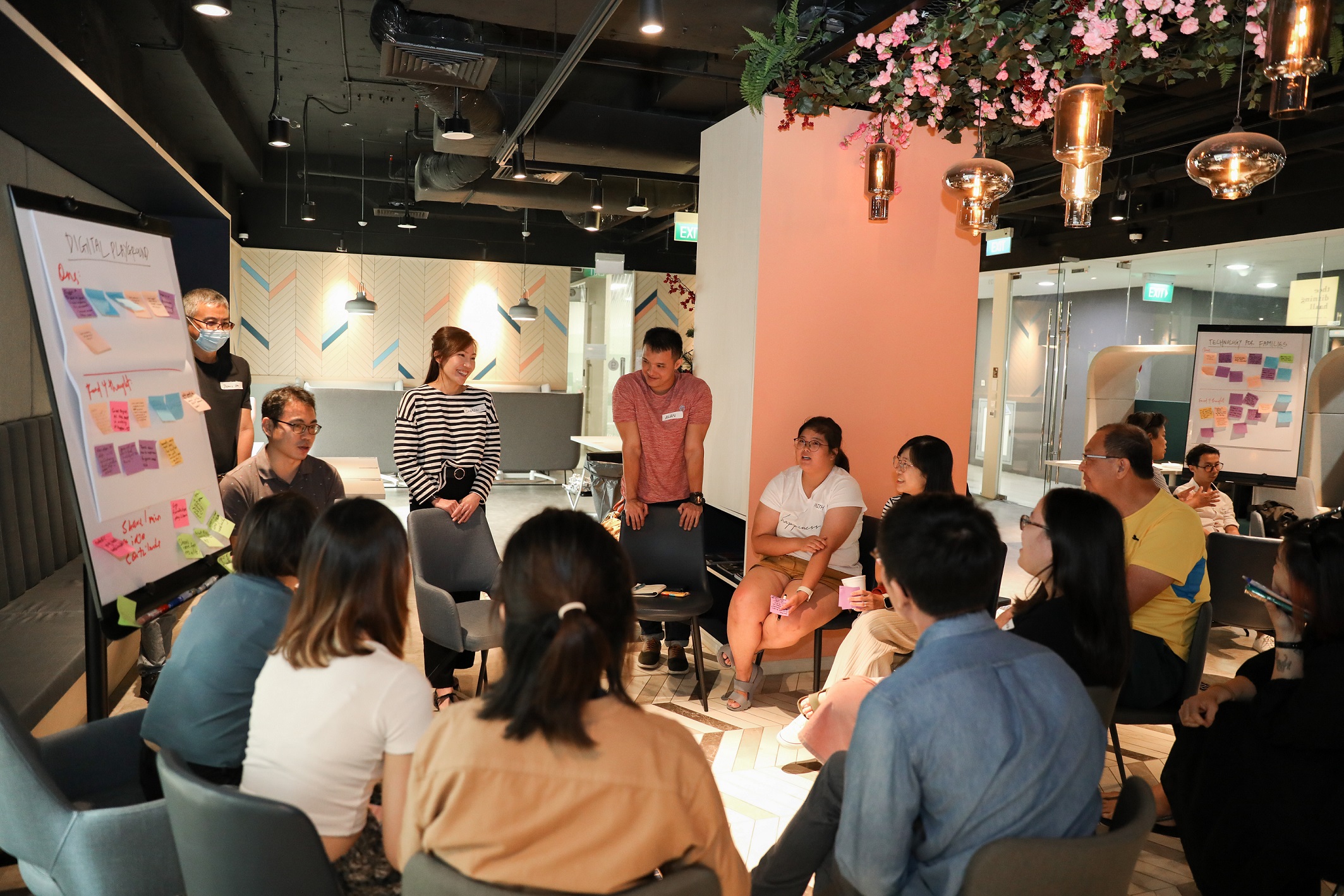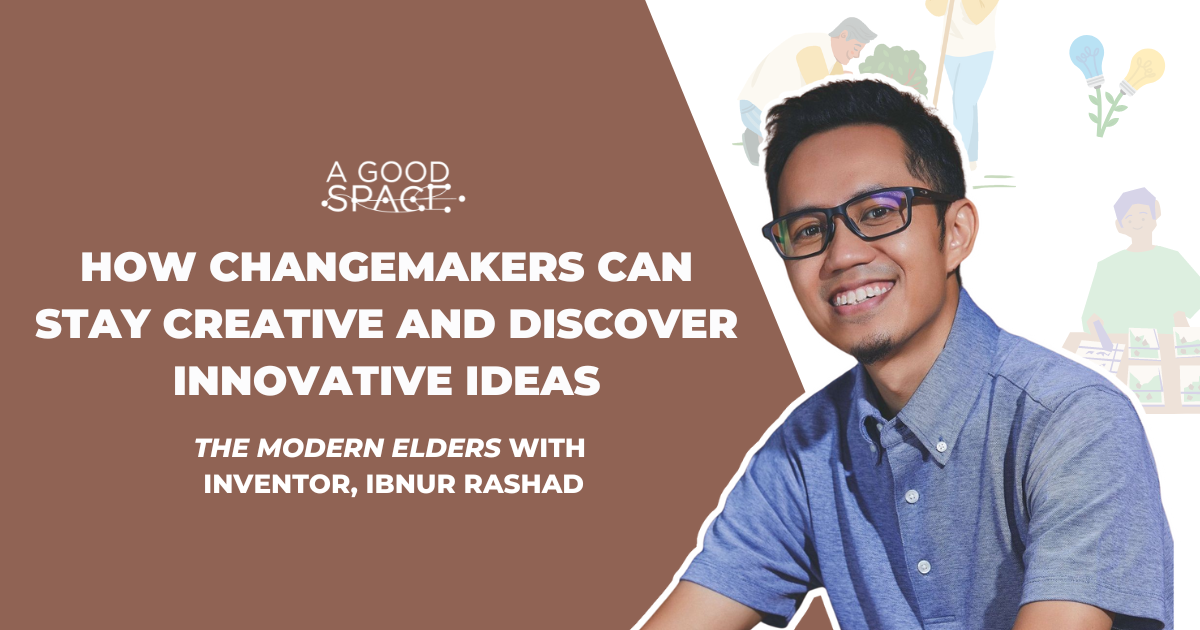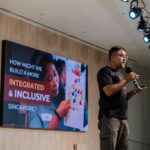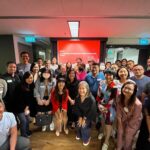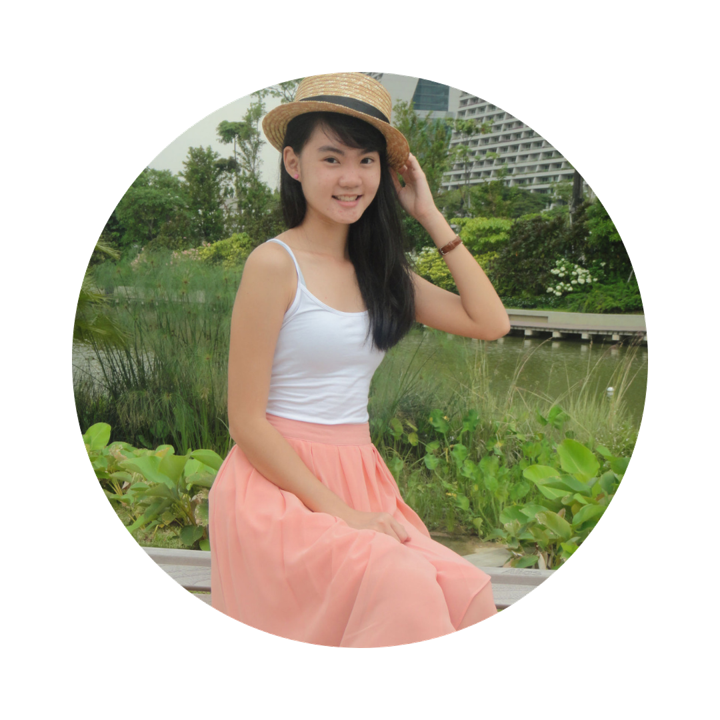This article is part of our “Listening Living Labs with Low-Income Communities” series. To find out more and to register for our upcoming event, the “Listening Circle on Digital Inclusion”, click here.
Can you imagine living without your laptop or access to the Internet for a week?
One of the most memorable days of the Circuit Breaker period for me was when Home-Based Learning was announced for students. We watched as several of our changemaker members like Abhishek scrambled to find laptops and WiFi dongles for children in low-income communities who didn’t have these devices.
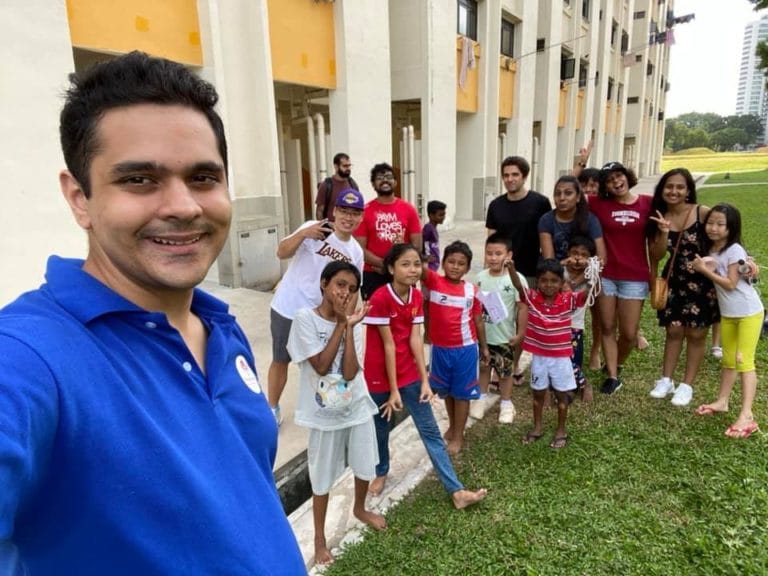
Through his hard and heart work, Abhishek eventually coordinated the donation of almost 400 laptops and dongles to enable the children to continue with their learning. Other friends like Johann and his team from Engineering Good refurbished thousands of pre-loved laptops that were then donated to children in low-income communities.
As Singapore continues its rapid move toward becoming a Smart Nation, digitalisation is clearly here to stay, with more activities such as employment opportunities and government services moving online. In the two years since the Circuit Breaker, there have undoubtedly been numerous efforts working to bridge the digital divide, primarily through improving access to digital devices and knowledge on how to use digital applications.
After interviewing several leaders trying to address the digital divide, we learnt that beyond improving access, there are many other challenges this inequality continues to present for low-income communities. We wondered what more we could do for this issue.
As we accelerate towards our Smart Nation future, how might we ensure that no one is excluded from participating in an increasingly digital world?
3 Key Challenges to Digital Inclusion
To better understand the various challenges that public rental flat residents face with regards to digital inclusion, we first conducted a literature review and spoke to several leaders working closely with rental flat communities. 3 recurring issues inevitably caught our attention: (1) challenges with digital literacy, (2) online safety, and (3) physical infrastructure. Read on to find out more about these challenges and the various opportunities for collective action that will be explored in our upcoming event, the Listening Circle on Digital Inclusion.
1. Digital Literacy
“Digital Literacy is defined here as having the skills, confidence, and motivation to use technology, and is key to our journey towards our Smart Nation vision.”
Digital Readiness Blueprint, MCI
While there is a clear definition provided for the term “digital literacy”, we were unable to find any measurable national standards or tests to assess an individual’s level of digital skill proficiency. There is a lack of clarity therefore regarding the exact level of proficiency required to be considered “digitally literate” in Singapore.
This makes it challenging to measure exactly how effective existing digital literacy efforts have been, particularly those targeted towards more vulnerable communities, such as low-income residents.
Without a way to measure the current level of digital literacy proficiency, organizations hoping to design targeted and effective interventions for low-income communities may not have a way to reliably assess the impact of their efforts on the low-income community.
Opportunity for Action
How might we measure digital literacy so that we can better identify and address specific gaps in digital skill proficiency among rental flat residents?
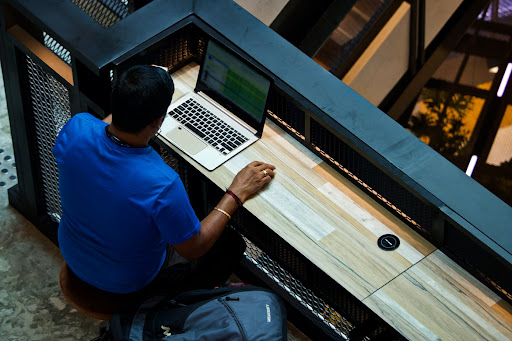
2. Online Safety
Besides digital literacy, a nationwide study conducted by a team of researchers at IPS also found that the level of information literacy in Singapore was generally low. The results of their study helped to shine a spotlight on the severity of this issue:
“Close to six in 10 respondents said they sometimes, often, or very often encountered and believed false information in the form of text and images.” “IPS study finds low digital literacy level in S'pore; 6 in 10 respondents believed false info”,
Straits Times
The same study particularly highlighted that residents living in 1-3 room public housing flats as well as seniors aged 60 and above were more likely to be susceptible to believing false information.
Information literacy is unquestionably a crucial skill to have in today’s increasingly digital world, with many everyday activities now shifting to online platforms. Sensitive data such as credit card numbers, banking transactions, and even job applications are now expected to be done online.
Without the ability to distinguish between accurate and false information online, it becomes much easier for individuals to fall prey to cybercrime, such as online scams. In 2021, SPF also reported that the number of online scam cases had risen significantly by 53%, making the need to equip vulnerable groups with digital information literacy skills now more urgent than ever before.
Opportunity for Action
How might we improve existing information literacy efforts so that vulnerable groups such as the elderly and lower-income residents are protected from misinformation and falling prey to online scams?

3. Physical Infrastructure
Despite internet access gradually becoming a basic need, we discovered that a few public rental flat buildings still lacked fibre optic points essential for Wi-Fi installation.
Equipping these blocks with fibre optic points can also be a costly affair, especially for families already having to rely on financial assistance to meet other basic needs like paying for food or monthly household bills. Without fibre optic points, the families residing in these blocks would not be able to install broadband wi-fi easily in their homes.
Besides access to the internet, we were also eager to understand if the physical environment of a rental flat home could adequately support the conducive use of digital devices.
Our conversations with several community leaders working closely with public rental flat residents revealed to us that for some of these families, working or studying from home can be an extremely challenging endeavour due to the small, cramped environment.
Can you imagine trying to focus on a lesson taught online while someone else in the same room attends to a work call? While those of us privileged enough to have our own individual bedrooms or study rooms can easily find a quiet work or study space, families living together in a small 2-room rental flat may not have much of a choice.
While there are alternative workspaces provided in public places such as libraries and study corners, it is not always guaranteed that these environments would be easy to access or conducive for studying or working online regularly from.
Opportunity for Action
How might we ensure that public rental flat residents can access internet connectivity in a conducive environment so that they may work or study online easily?
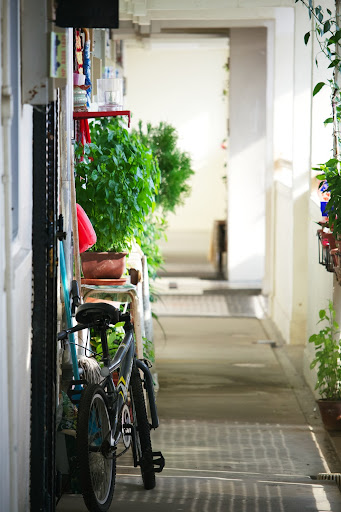
Listening Circle on Digital Inclusion
After discovering the myriad ways in which the digital divide continues to persist for low-income communities, and particularly those living in public rental flats, we felt that it was more important than ever to address these issues through a whole-of-community approach, which is why we will be hosting a Listening Circle on Digital Inclusion.
This event will be the 1st of a series of 5 ideation workshops dedicated to bringing together anyone and everyone keen to work on these issues, from the public, private, and people sectors.
Whether you are a business leader with a heart for giving back to the low-income community, or a ground-up group brimming with ideas for action on any of the 3 key issues listed above, we hope to have you join us at our Listening Circle on Digital Inclusion happening on 16 July 2022 (Saturday), 1pm – 5pm, at Toa Payoh West CC.
To register for this event, please visit: https://bit.ly/DIL3Register. Together, we can do more for the communities we care about.
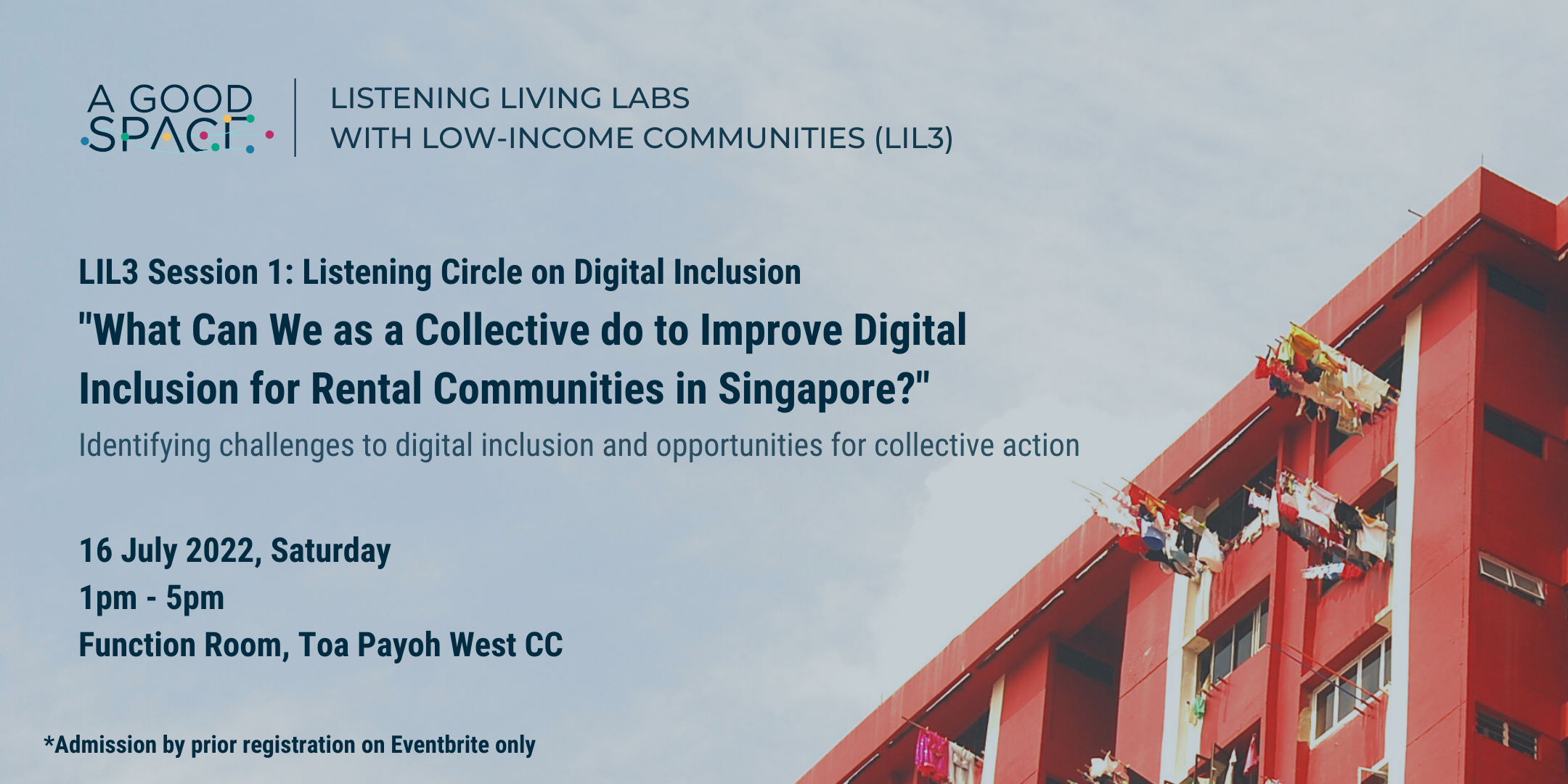
Should you need to seek further clarifications, feel free to reach out to us via email at livinglabs@agoodspace.org.
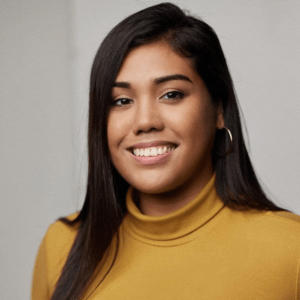
Nurulhuda Hassan
Nurul is part of the Listening Living Labs secretariat team at A Good Space. Outside of work, she is an actor-singer active in the musical theatre community!
